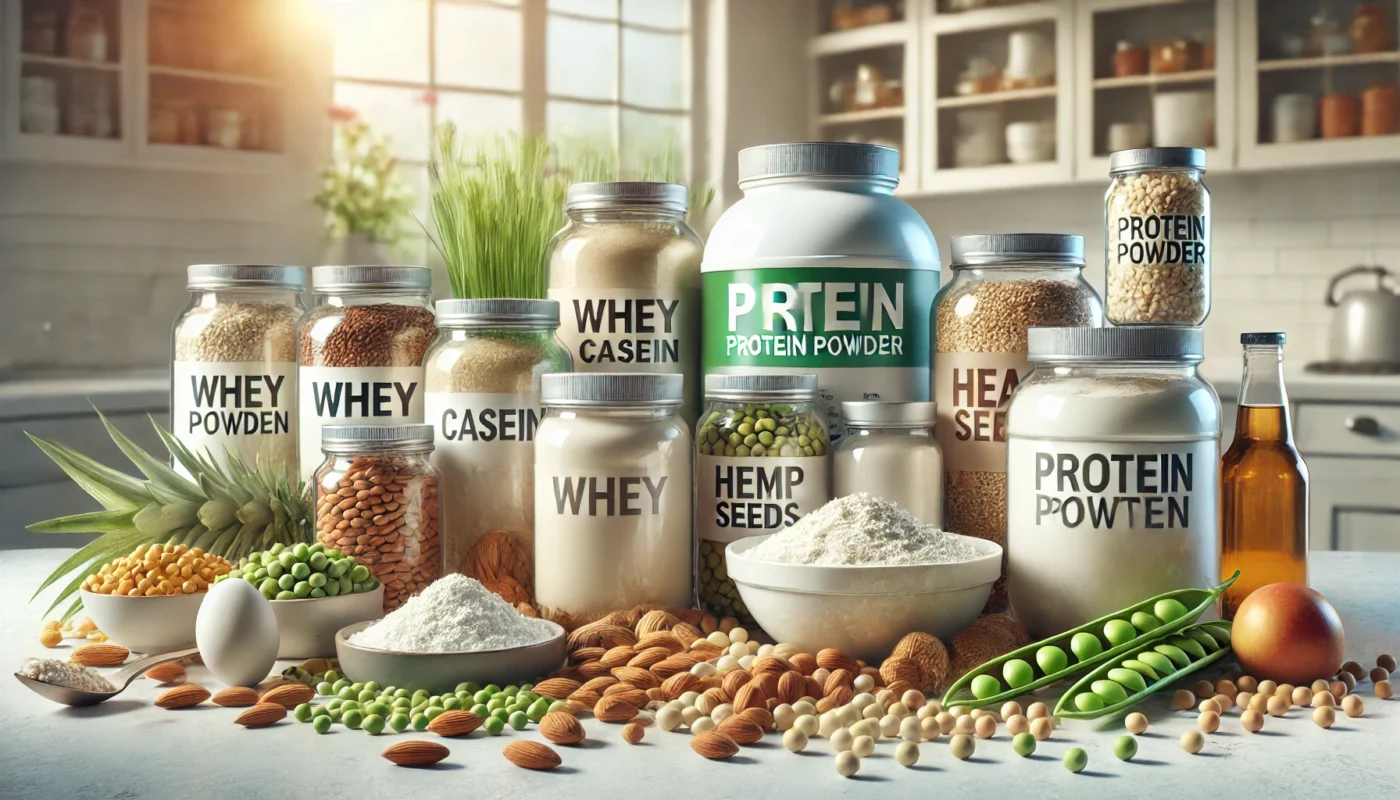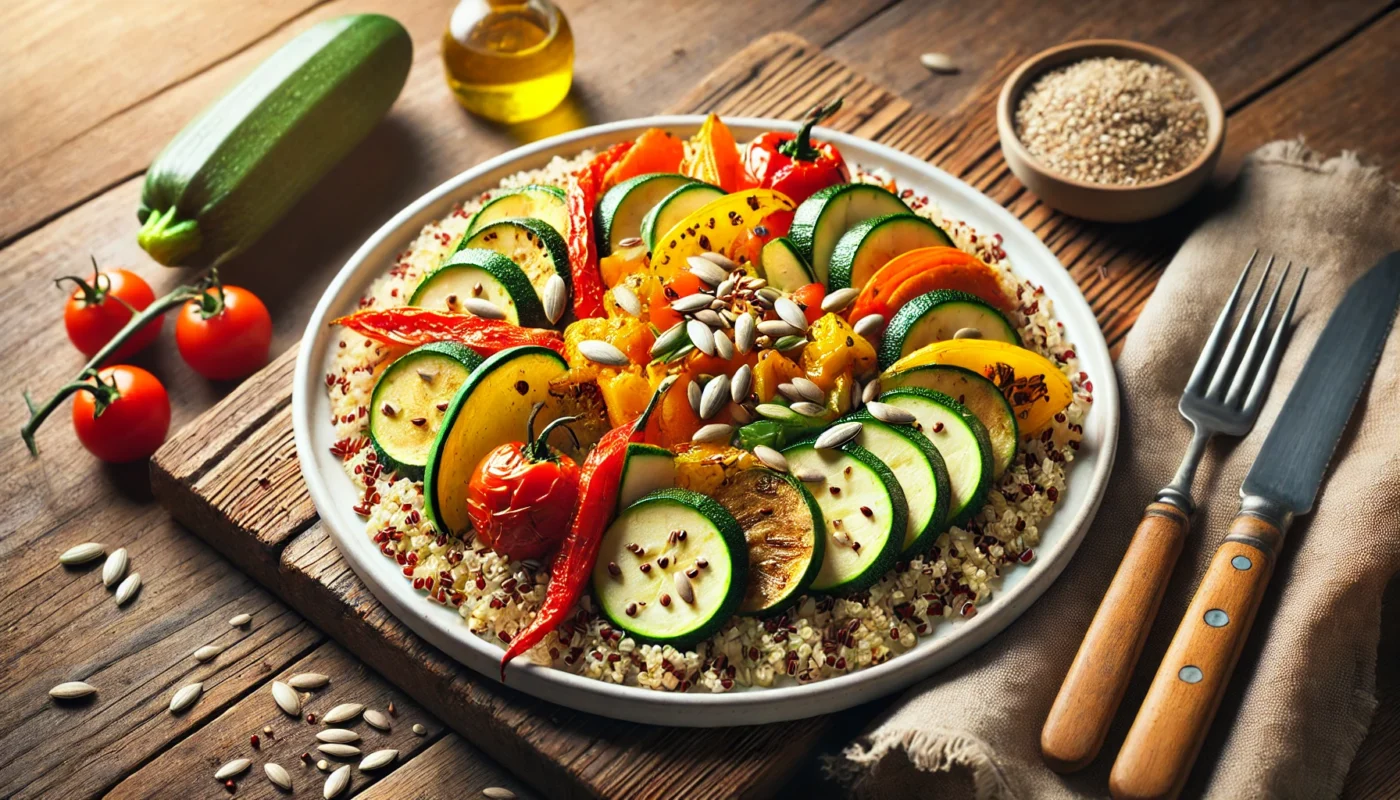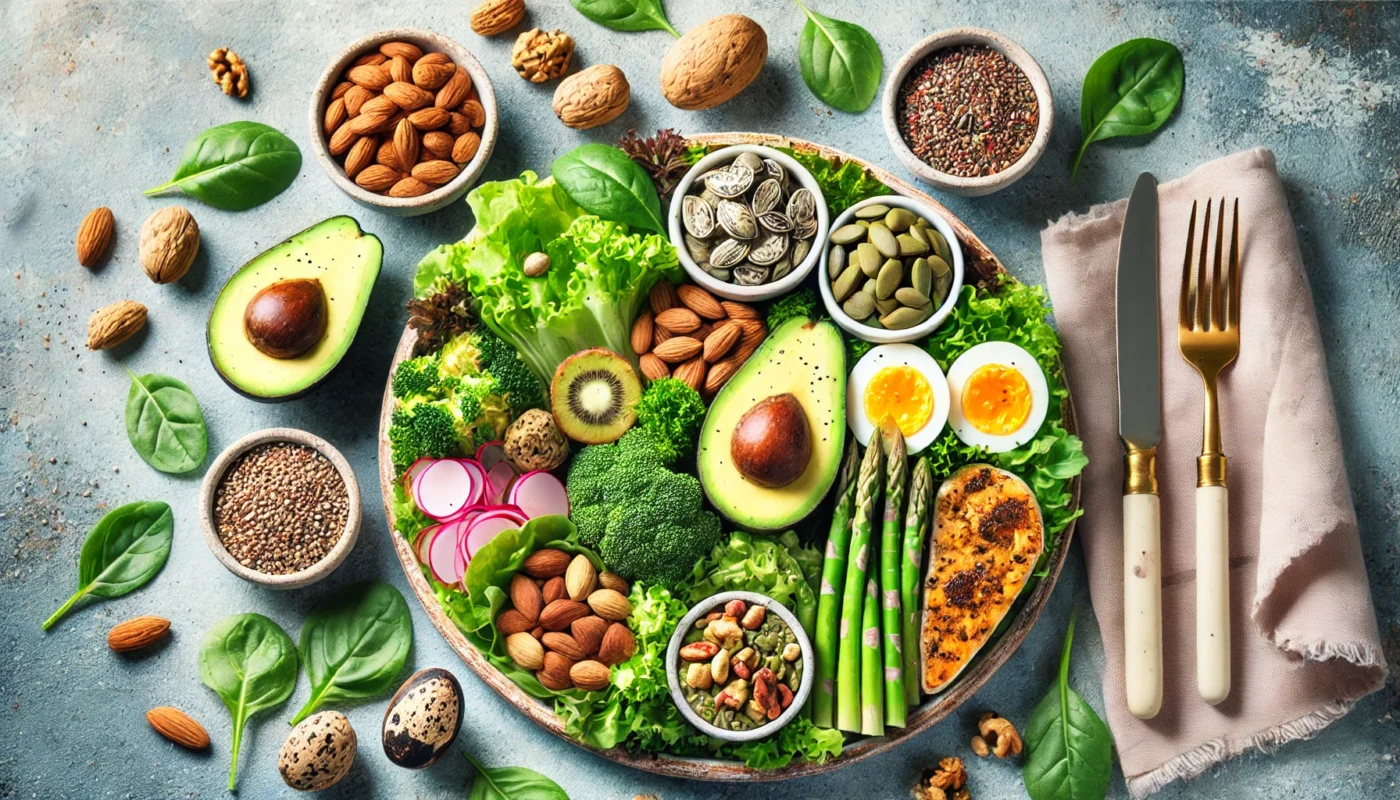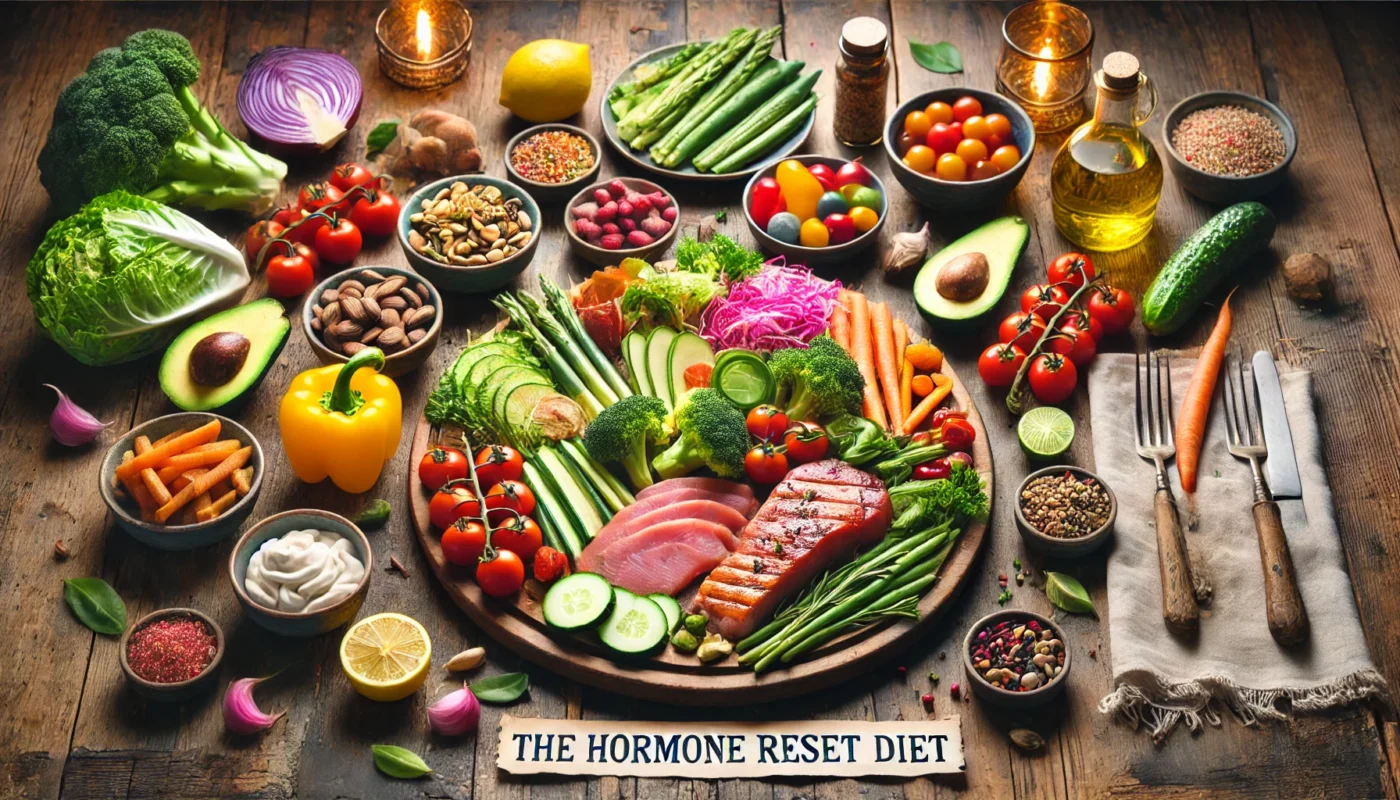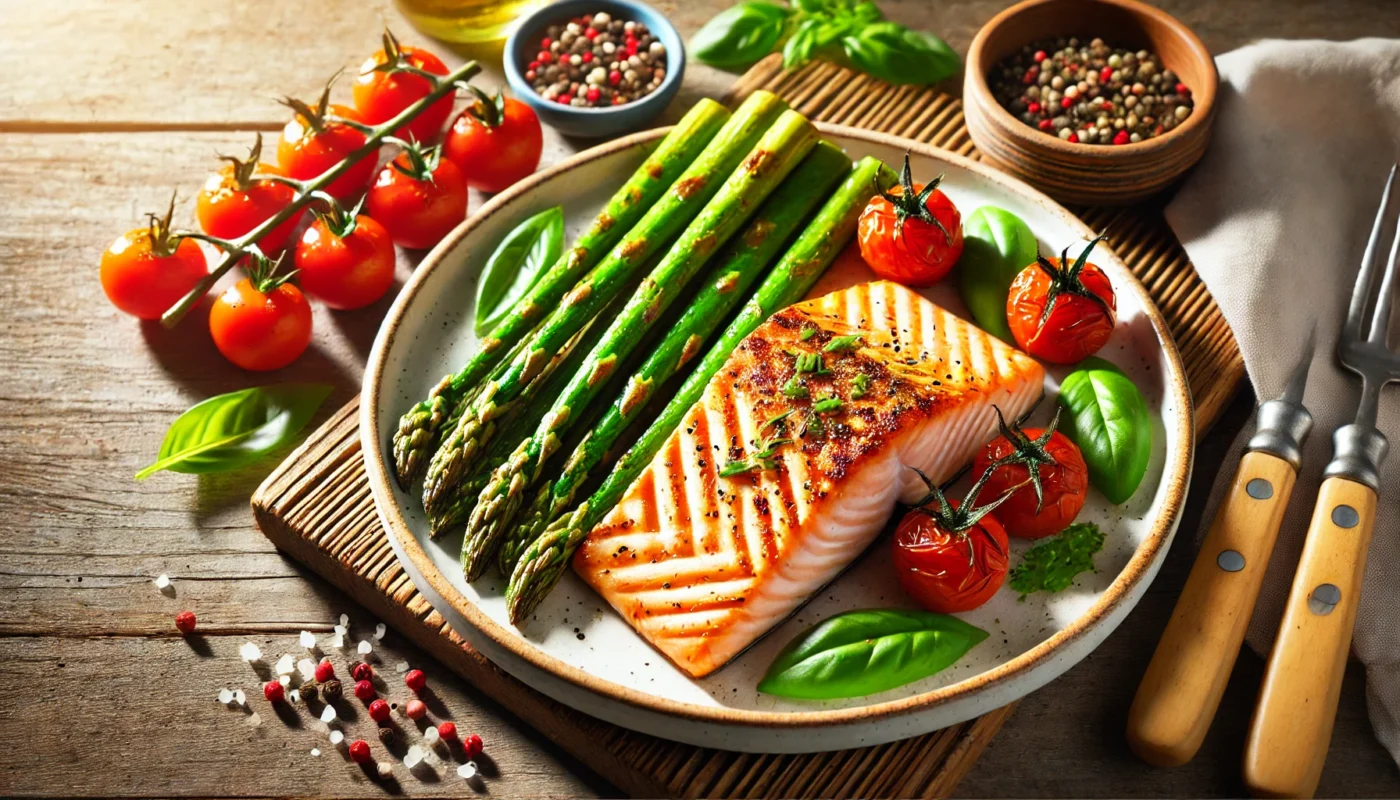In this article, we will delve into the foods that can spike cortisol levels, providing you with the knowledge to make informed dietary choices. With a focus on holistic health approaches, we’ll explore the scientific research behind these foods and offer practical advice for maintaining balanced cortisol levels.
Tag Archives: Healthy Eating
Menopause is characterized by a significant decline in estrogen levels, which plays a crucial role in regulating body weight. This hormonal shift can lead to increased fat storage, particularly around the abdomen. The reduction in estrogen can also affect the body’s ability to utilize insulin effectively, potentially leading to insulin resistance and further weight gain. Understanding these hormonal changes is essential for managing weight during menopause.
Before delving into techniques, it’s important to understand the science of focus. Concentration is the mental effort you direct toward whatever you’re working on or learning at the moment. It’s akin to a spotlight that illuminates specific aspects of your environment while keeping other parts dimmed.
In the realm of nutrition and recovery, protein stands as a cornerstone, particularly when it comes to healing from injuries or surgeries. Protein powders have emerged as a convenient and effective way to supplement our diets with this essential macronutrient, playing a pivotal role in wound healing and recovery. In this article, we will delve into the benefits of protein powder for healing, examining scientific research and offering practical advice on how to incorporate it into your recovery regimen.
The body’s healing process is a marvel of nature, involving a complex interplay of cells, tissues, and nutrients. After surgery or injury, your body requires additional support to repair itself efficiently and effectively. Understanding the role that vitamins play in this process can help you optimize your recovery and ensure that you’re giving your body the best chance to heal.
In this article, we delve into the vitamins that are crucial in promoting healing, explore the best foods to consume post-surgery, and provide practical advice on creating a diet that supports your body’s recovery journey.
When it comes to healing, particularly after surgery or injury, your body requires certain nutrients to repair tissues and restore health. Among these nutrients, protein plays a pivotal role. This article delves into how protein-rich diets can enhance healing efficiency, supported by scientific research and practical advice.
In the quest for optimal health and wellness, the anti-inflammatory diet has emerged as a popular choice for many. But what exactly does it entail? And how can you structure your diet to incorporate anti-inflammatory principles effectively? This article will guide you through building your own anti-inflammatory diet pyramid, ensuring that you can enjoy a balanced, nutritious, and inflammation-fighting meal plan.
PCOS is often associated with hormonal imbalances, particularly low levels of progesterone and high levels of androgens, which can exacerbate symptoms. Progesterone is crucial for regulating the menstrual cycle and maintaining pregnancy, and its deficiency can lead to anovulation (lack of ovulation) and irregular periods. Therefore, understanding how to increase progesterone in PCOS is a vital aspect of managing the condition.
Hormones are chemical messengers that regulate a multitude of bodily functions, including metabolism, mood, growth, and reproductive processes. When these hormones are out of balance, you may experience symptoms such as fatigue, weight gain, mood swings, and digestive issues. Understanding the root causes of hormonal imbalance is crucial to effectively addressing them.
Inflammation acts as a defense mechanism for the body. When the immune system detects harmful stimuli, such as pathogens, damaged cells, or irritants, it responds by initiating the inflammatory process. This response is designed to eliminate the initial cause of cell injury, clear out damaged tissues, and establish a repair process.
Acute inflammation is typically short-term, lasting only a few days, and is characterized by redness, heat, swelling, and pain. It is essential for healing and recovery. However, it’s important to recognize when inflammation becomes harmful rather than helpful.




